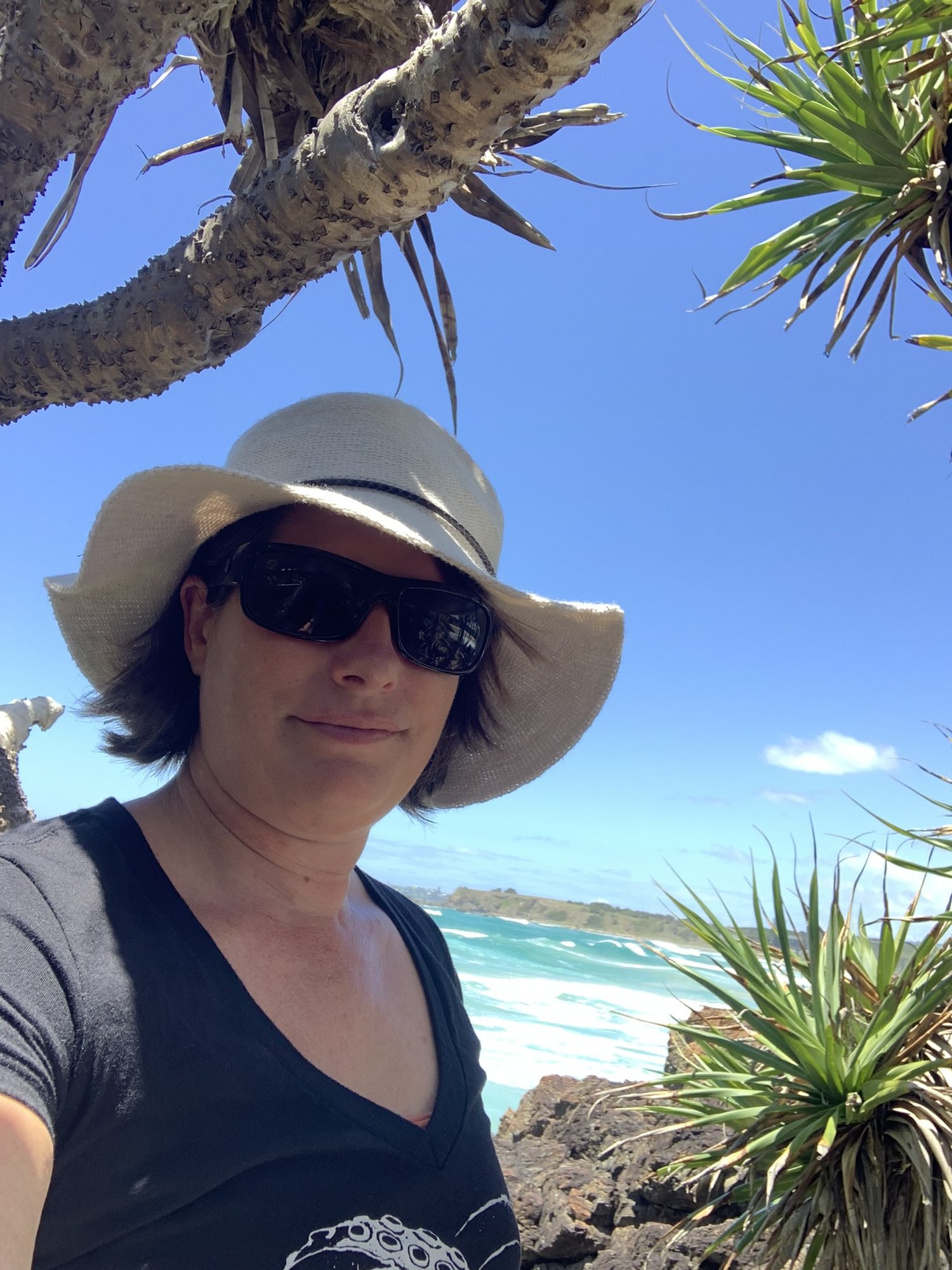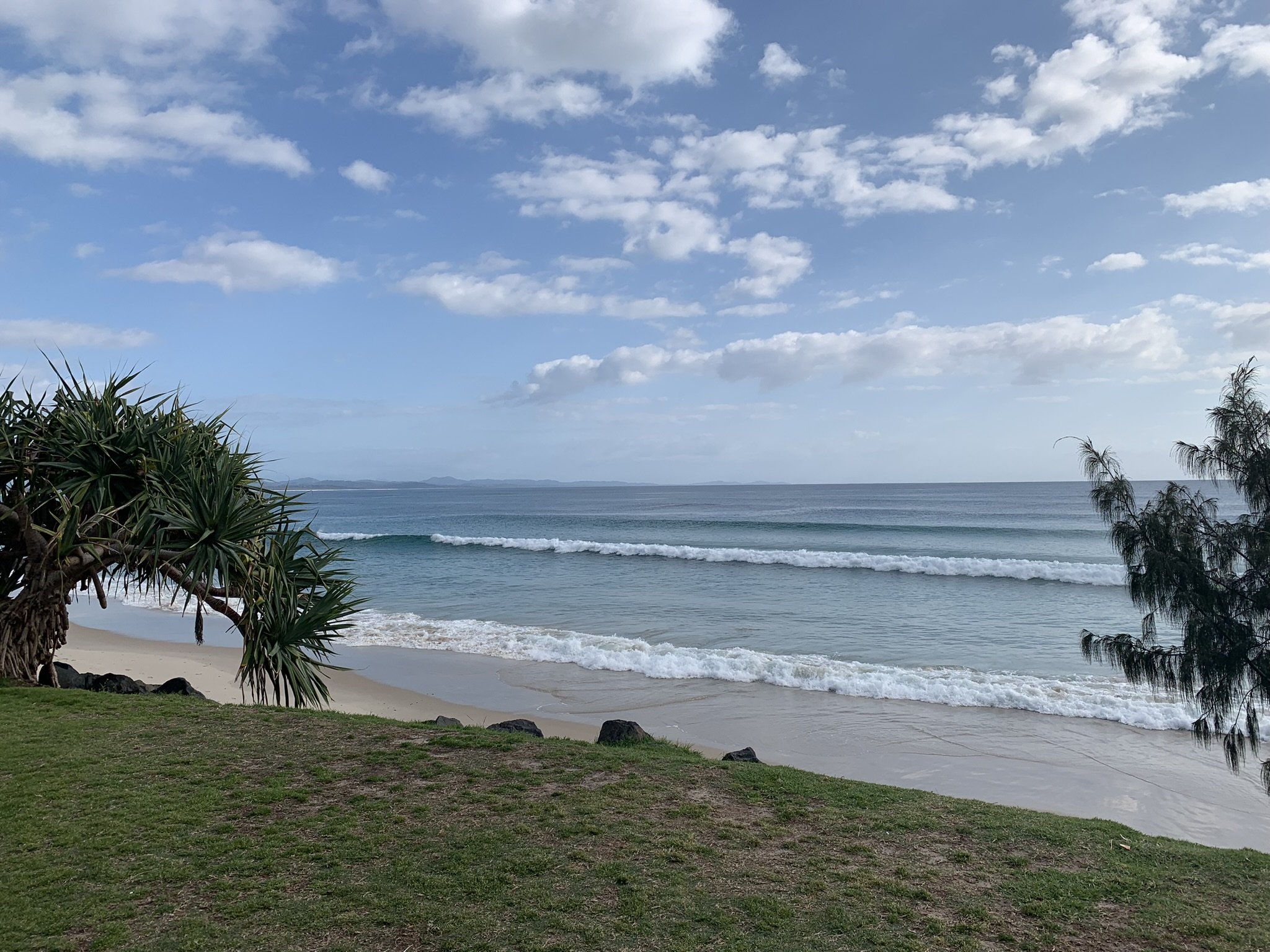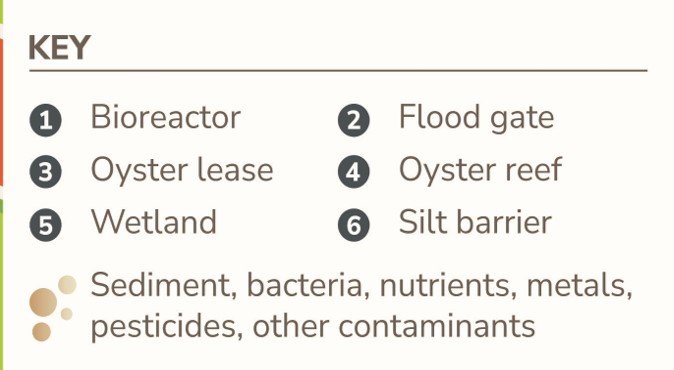Professor Kirsten Benkendorff
Keeping our seafood safe and healthy
Personal Profile
“Our health is intrinsically linked to the environment” WHO, 2017
There’s evidence that people can be happier and healthier if they regularly eat seafood. However, we can’t produce healthy seafood if we don’t look after our estuaries and oceans.
I’m a Professor of Marine Science based at the National Marine Science Centre, Southern Cross University. I love inspiring people with my passion for marine biodiversity. I mentor students in evidence-based research and lead multi-disciplinary teams investigating the value and vulnerability of marine resources. My research focuses on the nutritional and medicinal properties of seafood species and how these are impacted by a range of environmental stressors, including climate change and pollution.
I work with the fisheries and aquaculture industry, government agencies, traditional owners and community groups to find solutions to environmental problems. My contributions to science have been recognised in several awards including Young Australian of the Year for Science and Technology and the Australian Academy of Science Dorothy Hill Award for marine and earth science.
I am one of the 2023-24 SuperStars of STEM and proud to share my knowledge and experience as a successful marine scientist. I’m hoping my ongoing research will influence policies on water quality management and pesticide regulation, in order to keep our seafood safe and healthy.






